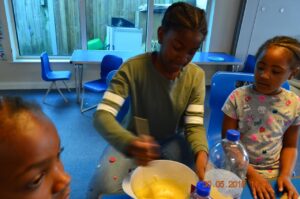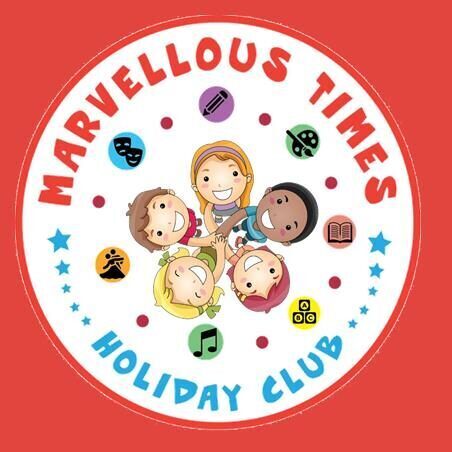Role-playing games offer an excellent method for teaching kids leadership skills.
Whether your child is six or on the cusp of becoming a teenager, teaching them leadership skills at a young age will inspire them to do well as they get older and could lead them to a career that requires extensive skills.

An article on leadership skills by Penn State Extension states the importance of teaching leadership to children from a young age:
“Leadership skills allow children to have control of their lives and the ability to make things happen. Leadership instills confidence, and helps children solve problems creatively, work in a team, and work collaboratively with others. Leadership gives children many opportunities to develop responsibility.”
At Marvellous Times, we organise a range of activities that teach leadership skills, and you as a parent/guardian can even teach some leadership skills through a range of activities at home.
With it comes the games on leadership, they must be designed to achieve maximum results.
Determine the topics
Here, the point is to first determine what you want the topic to be. Leadership is broad, but you must narrow the subject matter.
Relevant topics concerning traits of leaders, for example, include self-control, respect, choices, compassion, confidence, kindness, responsibility, character, honesty, courage, and gratitude.
Likewise, brainstorm topics to cover with children about leadership principles.
List objectives
Games offer innovative and fun ways to learn about a subject. Still, they must have clear and measurable objectives. With that said, begin by deciding what you want kids to learn about each topic. The objectives drive the design portion of planning.
Sample objectives are as follows: To learn what leadership is and is not, To learn the qualities of good leaders, To use media, To meet different learning styles, To engage, To measure learning, or To obtain feedback.
Brainstorm creative scenarios
After you settle on the topics, the next step is to design the scenarios. Aim for at least two activities per topic. Why? Two strong activities that hit the nail on the head will leave a lasting impression.
At the same time, how many children will participate in the activity? A role-play can involve two persons and observers, or it can involve the entire class. Overall, it depends on how you structure it. Will the participants follow written instructions or respond to questions or statements?
Compose prompts/scripts
A role-play comprises instructions for saying or doing certain things. Therefore, writing clear and concise prompts or scripts is imperative. For instance, if you want one person to shout during the role-play, you must state it on the card or slip of paper.
Gather materials and supplies.
Be creative. The more dramatic the activity the greater likelihood the information will stick. Do you want the children dressed in costume? Do you need objects (balls, marbles, colourful stickers, notecards, etc.)? Will you need a laptop and a screen to display pictures or information? Even though it is a role-play, the game can comprise elements to meet different learning styles.
Develop a lesson plan
Think of each activity as part of the curriculum. Thus, a 1-page lesson plan is necessary. This overview states the name of the game, objective(s), amount of time needed, materials, systematic instructions, and discussion questions. At length, a written plan provides consistency and a road map for others to follow.
Generate discussion questions
Aside from generating discussion, questions help to measure learning, clarify concepts, and get feedback. Furthermore, the latter gives insight into improving the activity.
Final thoughts
Taking into consideration all these role-playing activities for children, your child needs to have a reflection on what they have learned and watch how the activity has influenced them in their schoolwork and even in social surroundings with extra-curricular activities such as football.
Overall, leadership is an important life for children to master and once they have become leaders, they know the positive outcome it can bring them in their future development and personal growth.








